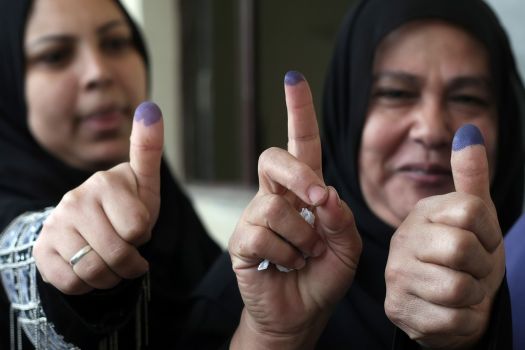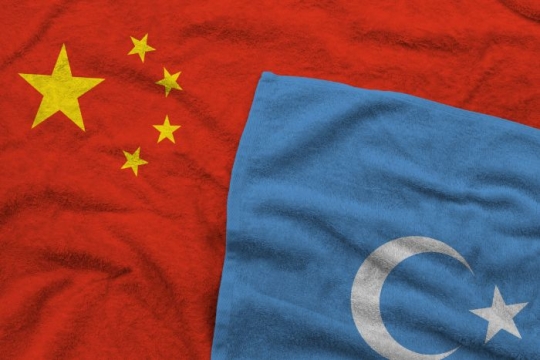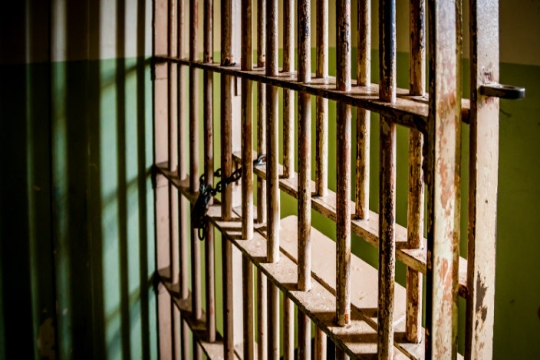Image

Elections have consumed post-Mubarak Egypt, between the months-long parliamentary elections in November and December and the contentious presidential election set to happen this summer. Much of the controversy has surrounded the recent disqualification of 10 out of 23 Egyptian candidates for president, including the three who were widely considered to be front-runners.
The former front-runners who have now been disqualified include:
- Omar Suleiman, President Mubarak’s vice president and long-time leader in the Supreme Council of the Armed Forces (SCAF), who was considered to be the Army’s choice candidate, even though Army leaders had publicly kept their distance from him.
- Khairat al Sater, the deputy leader of the Muslim Brotherhood’s Freedom and Justice Party, who was nominated at the beginning of April by the Muslim Brotherhood. This nomination meant that the Muslim Brotherhood had reneged on its promise to not nominate a candidate from its own party—a promise they had made so the group would not be seen as seeking total control over the new Egyptian government (the Muslim Brotherhood won the majority of parliamentary seats in elections in December). The nomination was approved by the Shura council (the Brotherhood’s decision-making body) because the council believed that a Muslim Brotherhood-controlled legislative and executive branch would provide them with more power to stand up to the SCAF.
- Hazem Abu Islmail, who was a hyper-conservative candidate supported by the Salafist movement of Islam.
Related Posts
Image

Holding Out an Olive Branch on the West Bank
The increasingly violent actions of certain young Jewish settlers in the West Bank against Palestinians - and against their olive trees, sheep herds, vehicles, homes, water supplies, and against their persons - have deeply troubled me, as just one awful symptom of our occupation. Last spring, in the ongoing, non-violent attempts to deter the frequent harassment by their Jewish settler neighbors, I went out twice to accompany Palestinian shepherds as they grazed their flocks.
Image

From Empathy to Action: Raising Our Voices for Uyghur Freedom
This Passover, we turn our attention to the plight of the Uyghur Muslims in China, one of today’s most horrific human rights crises. Roughly 12 million Uyghurs live in Xinjiang Province, a region in northwestern China.
Image

Pandemic in the Petri Dish of Prison: A Jewish Call for Justice
The Book of Proverbs instructs us to “speak up for those who cannot speak...to raise our voices on behalf of the vulnerable and downtrodden.” (Proverbs 31:8-9). The individuals who make up America’s prison population are isolated, vulnerable, and voiceless.
